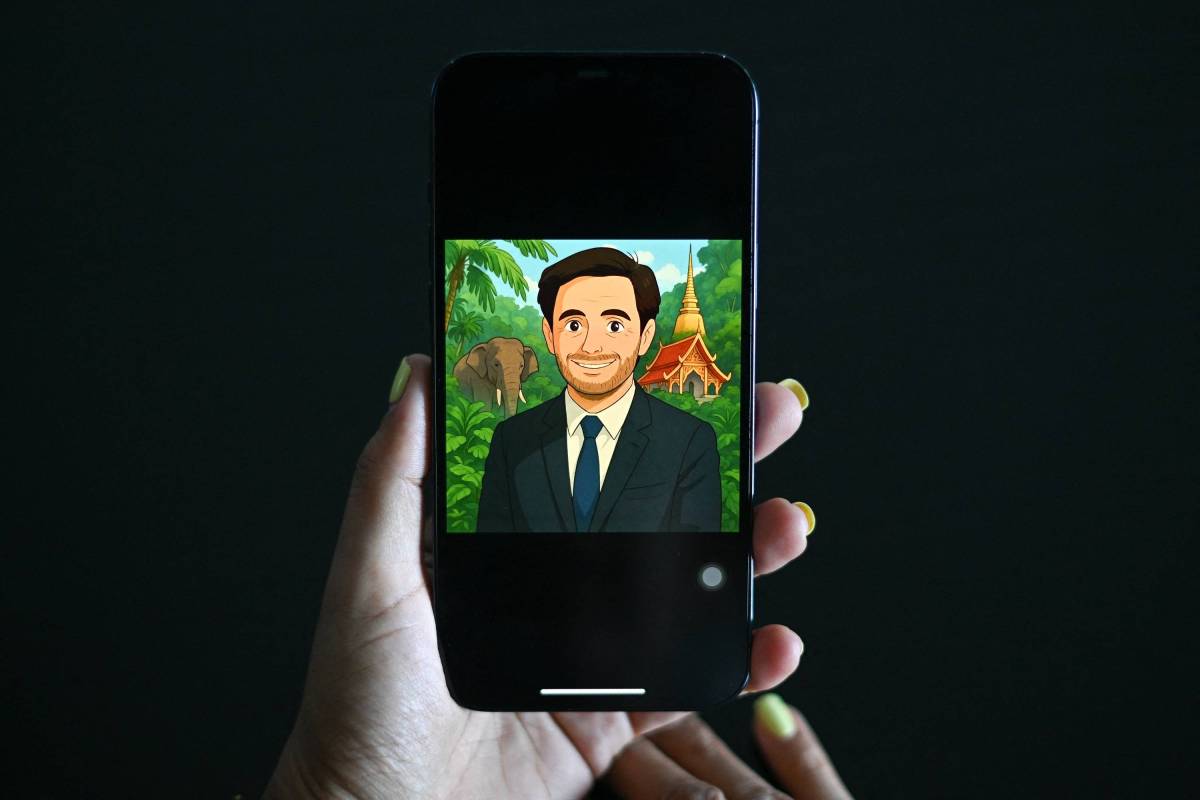Studio Ghibli and major Japanese publishers demand OpenAI stop using films and manga to train AI without permission. The move highlights conflicts over generative AI copyright, dataset licensing, AI training data fair use, and potential legal and commercial impacts for businesses and creators.

Studio Ghibli and several major Japanese publishers have publicly demanded that OpenAI stop using their films, manga and other creative works to train generative AI models without permission. This public request has refocused attention on the legal and ethical questions around AI training data and the boundaries of AI training data fair use.
Machine learning models are trained on large collections of digital content so they can predict text, generate images or summarize media. Training means showing a model many examples so it learns patterns. Rights holders say copying and using those works for model training should require permission or payment. Many AI developers have relied on large scale web scraping and defenses that emphasize transformation or fair use. The current OpenAI copyright dispute adds pressure as regulators and courts consider whether that approach is lawful.
The dispute could produce concrete outcomes for AI providers and their customers as courts and policy bodies clarify rules on generative AI copyright and AI model training copyright.
The public demand from cultural publishers fits a broader trend where creators and rights holders assert control over the datasets that power generative AI. Recent guidance on the fair use doctrine for generative AI and calls for mechanisms to obtain rights suggest collective licensing schemes may gain traction. As the legal landscape evolves, businesses should monitor developments including lawsuits against AI firms and regulatory reports.
The Studio Ghibli led call for OpenAI to stop training on films and manga without permission is more than a single dispute. It signals a moment where nonconsensual large scale web scraping and use of copyrighted materials for model training is under renewed scrutiny. For businesses using AI tools, expect greater legal clarity and possibly higher costs or more conservative product choices. Companies should begin auditing AI dependencies and prepare procurement and compliance strategies that address dataset licensing and AI copyright risk.



